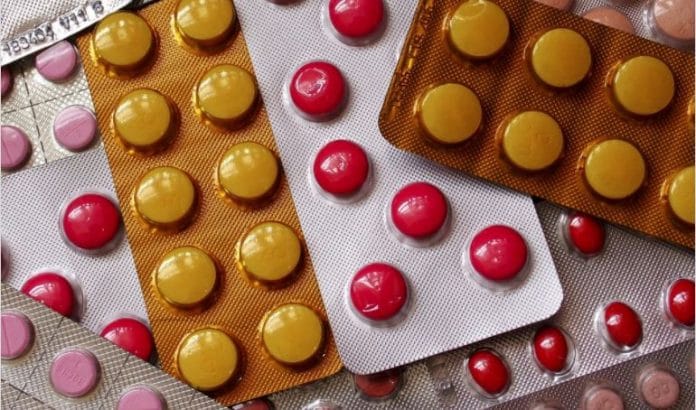The treatment of rare diseases requires medicines categorised as ‘orphan’ drugs, which are mostly imported and cost a patient anything between Rs 50 lakh and Rs 4 crore per year.
New Delhi: The government may slash the exorbitant trader’s margin on drugs for rare diseases to 30 per cent in a bid to help patients and families saddled with massive lifetime expenses on such medicines.
Trader’s margin is the percentage of profit that the drug retailer (chemist or hospital or the manufacturer) and wholesaler earn on medicines.
The treatment of rare diseases requires medicines categorised as ‘orphan’ drugs, which are mostly imported and cost a patient anything between Rs 50 lakh (for a child weighing 10 kg) and Rs 4 crore per year. According to the department of pharmaceuticals’ estimates, the trader’s margin for orphan drugs ranges between 1,000 and 4,000 per cent.
“In a bid to curb drug prices, we have decided to curb the trader’s margin on orphan drugs to 30 per cent — equal to what we will allow on other medications,” said a top official of the department.
The orphan drugs
The drugs for rare diseases are termed ‘orphan’ because companies lack a sufficient profit motive to develop them, on account of the lower number of consumers (patients). The government’s move to slash profit margins, therefore, may evoke protests from some manufacturers and hospitals.
If that happens, the government may invoke its powers under the Drug Price Control Order-2013, which allows it to issue directions to manufacturers on the supply of certain drugs to achieve adequate availability in case of emergency or for non-commercial use in public interest.
The move is expected to be announced within the next six months, in the upcoming national pharmaceuticals policy. “The…policy is with Niti Aayog for a final review,” said a department of pharmaceuticals official.
Reached by ThePrint, a spokesperson for hospital chain Fortis Healthcare said it supported the move. “As a socially responsible healthcare organisation, we support all endeavours to improve the accessibility of drugs and treatment of rare disorders to the wider section of society,” the spokesperson said.
Apollo and Wockhardt hospitals didn’t respond to requests for comment.
What are rare diseases?
According to the World Health Organisation, a rare disease is one that affects 6.5 to 10 of every 10,000 people. India, like many developing countries, has no definition of its own. However, given the country’s huge population, the Organisation for Rare Diseases India, an NGO, says a disease would qualify as rare here if it affected one in 5,000 people or fewer.
According to government estimates, around seven to nine crore Indians, or roughly 7 per cent of the population, suffer from rare diseases.
There are currently 7,000 diseases recognised as rare, spanning inherited cancers, autoimmune disorders and congenital malformations. Down’s syndrome, muscular dystrophy, haemophilia, thalassemia and autism are among the relatively common rare diseases. Only 450 rare diseases have so far been recorded in India.
Experts said that patients are also counting on the government’s National Policy for the Treatment of Rare Diseases, for long-term relief. The policy was announced on 28 February, which marks international rare disease day.
With a budget of Rs 100 crore for the scheme, the Centre seeks to contribute 60 per cent of the funds for a patient’s treatment, with the state contributing the remaining 40 per cent.







This is definitely a serious issue, a middle or lower class family cannot afford to pay such huge money for medications,which becomes a burden to them financially,……..in few advanced countries like US and UK, the government takes care of ALL the medical expenses… We are not asking this….from the government.. So requesting to spare the basic needy… And charge the luxurious want items.
The said specialty drugs for rare diseases are directly sold to customers by doctors or their middleman. Ordinary chemists i.e. so called traders do not deal with specialty drugs. They generally sell medicines having cost up to Rs 2000.
The large margins on specialty drugs is usurped by physicians. Companies are involved in unhealthy practice. Most of the specialty drugs for Cancer, Kidney ailment, Arthritis, Rheumatology etc. are the examples for this. The Government should do it at the earliest in public interest.